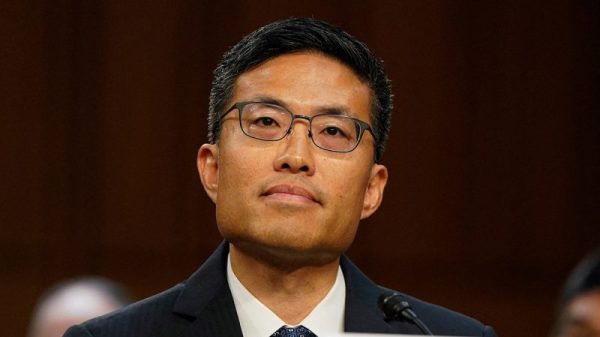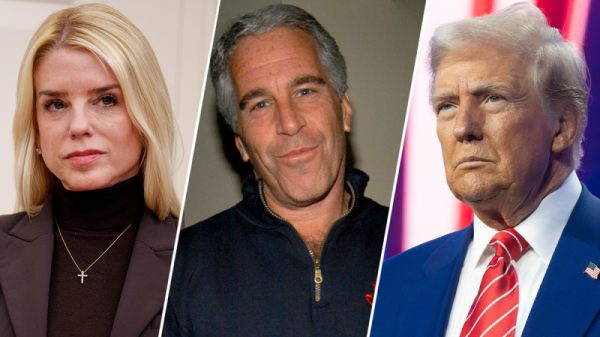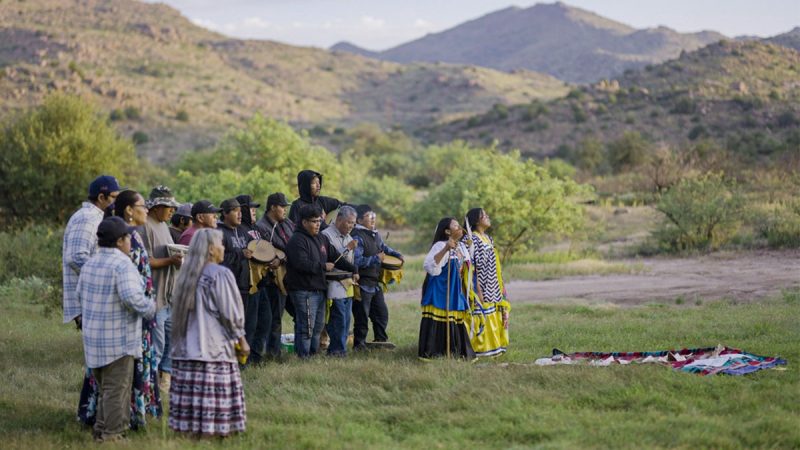The Apache Tribe’s Ongoing Battle Over Sacred Land Reaches the Supreme Court
The ongoing battle between the Apache Tribe and the U.S. federal government over sacred land in Arizona has reached a critical juncture as the tribe takes its fight to the Supreme Court. The case, which has been in litigation for several years, revolves around the proposed development of a copper mine on land considered sacred by the Apache people. The tribe argues that this project would irreparably harm their cultural heritage and sacred sites, while the federal government maintains that the land is not protected under federal law.
The dispute dates back to 2014 when the U.S. Forest Service made the controversial decision to approve a land swap that would allow Resolution Copper, a subsidiary of multinational mining company Rio Tinto, to develop a copper mine on the Tonto National Forest in Arizona. The land in question includes Oak Flat, a site that holds significant cultural and historical importance to the Apache people. According to tribal beliefs, Oak Flat is where the Apache deity, Usen, resides, making it a sacred place that must be protected.
Since the approval of the land swap, the Apache Tribe, supported by environmental groups and conservationists, has been engaged in a legal battle to stop the development of the mine. The tribe argues that the land swap was illegal and violated their rights under the Religious Freedom Restoration Act, the National Environmental Policy Act, and other federal laws. They have raised concerns about the potential environmental impact of the mine, including the destruction of sacred sites, water pollution, and disruption of wildlife habitats.
Despite these concerns, the federal government, along with Resolution Copper, has defended the project, claiming that it will bring economic benefits to the region and create much-needed jobs. They argue that the land swap was conducted in accordance with federal regulations and that the mine will operate in an environmentally responsible manner. However, the Apache Tribe and their supporters remain unconvinced, pointing to the irreversible damage that such a project could cause to their cultural heritage and way of life.
The case has now made its way to the Supreme Court, where the justices will have to weigh the competing interests at stake. On one hand, there is the tribe’s constitutional right to religious freedom and cultural preservation, and on the other hand, there are the economic interests of the mining company and the federal government. The outcome of this case could have far-reaching implications for the protection of sacred lands and the rights of indigenous communities in the United States.
As the legal battle continues, the Apache Tribe remains steadfast in their determination to protect Oak Flat and preserve their cultural heritage for future generations. Their fight has garnered national attention and support from various advocacy groups, highlighting the broader issue of indigenous land rights and environmental justice in the United States. Regardless of the Supreme Court’s decision, the Apache people have shown that they will not back down in the face of threats to their sacred land and traditions.


































